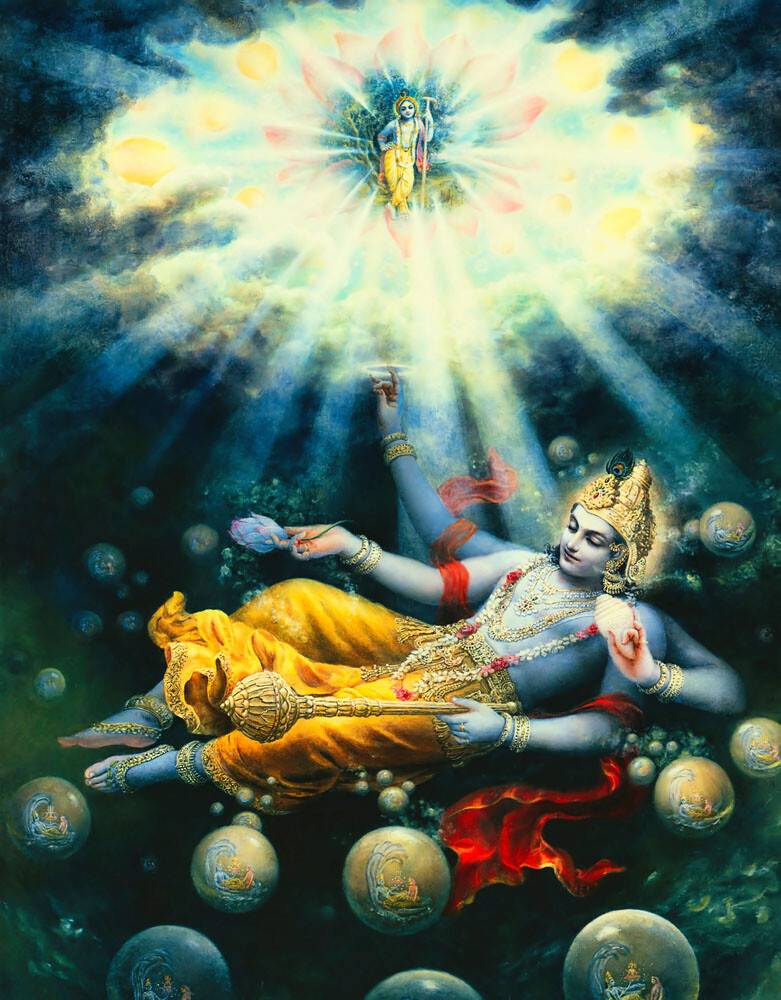Untangling the Karma Threads: Decoding Masturbation in Hinduism
Explore the Hindu perspective on masturbation, its implications on spirituality, and its classification as a sin or natural act.

One of the most common questions that arises in the minds of many individuals who follow Hinduism is whether or not masturbation is considered a sin. This is a topic that has been debated by scholars, priests, and followers alike, with various opinions and interpretations. The answer to this question lies in understanding the teachings of Hinduism and the values it propagates concerning sexuality, purity, and spiritual growth.
First and foremost, it is important to recognize that Hinduism is a diverse religion with numerous scriptures and a plethora of philosophical schools. As such, there is no single, unified viewpoint on the matter. In some scriptures, such as the Kama Sutra, sexual pleasure is seen as an essential part of human experience and is not explicitly condemned. On the other hand, many Hindu texts emphasize the importance of Brahmacharya, or celibacy, as a means to achieve spiritual growth and self-realization. In this context, any form of sexual indulgence, including masturbation, may be considered a distraction from the ultimate goal of attaining spiritual enlightenment.
However, it is crucial to understand that Hinduism does not view sexuality as inherently sinful or impure. It is acknowledged as a natural aspect of human life and a powerful force that can be harnessed for spiritual advancement if approached with the right intention and discipline. In Hinduism, the concept of Dharma plays a significant role in determining the morality of an action. For instance, Kama, or the pursuit of sensual pleasure, is one of the four goals of human life mentioned in the ancient Hindu scriptures. Still, it must be pursued within the boundaries of Dharma, or righteousness.
As such, whether or not masturbation is considered a sin in Hinduism depends on the context and the individual's attitude towards it. If one engages in it excessively, driven by lust or addiction, and loses focus on their duties and spiritual practices, it may be viewed as a hindrance to their spiritual growth. However, if practiced in moderation and without compromising one's moral and spiritual obligations, it may not be considered sinful.
Ultimately, it is essential for individuals following Hinduism to introspect and assess their actions in light of their spiritual goals and Dharma. By cultivating self-discipline, mindfulness, and a strong sense of personal responsibility, one can navigate the complexities of life and make choices that align with their spiritual aspirations.




